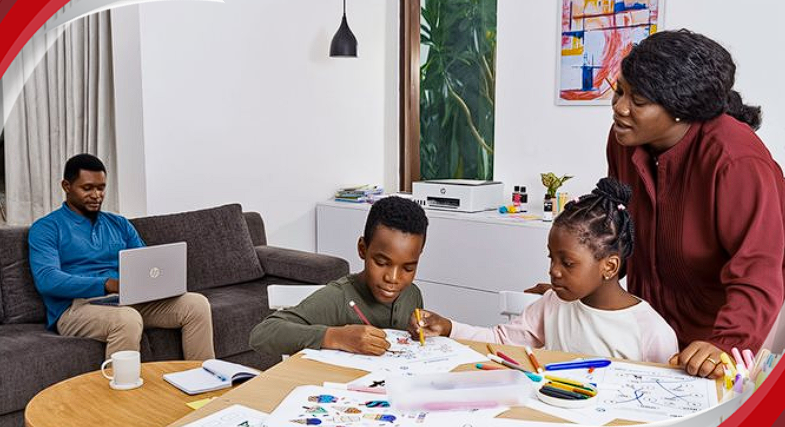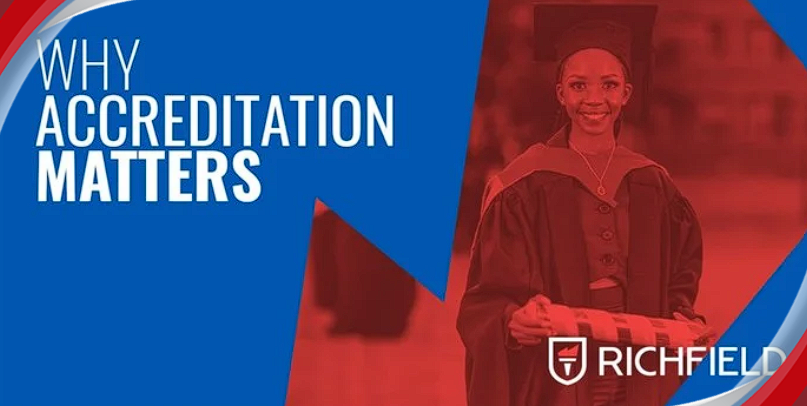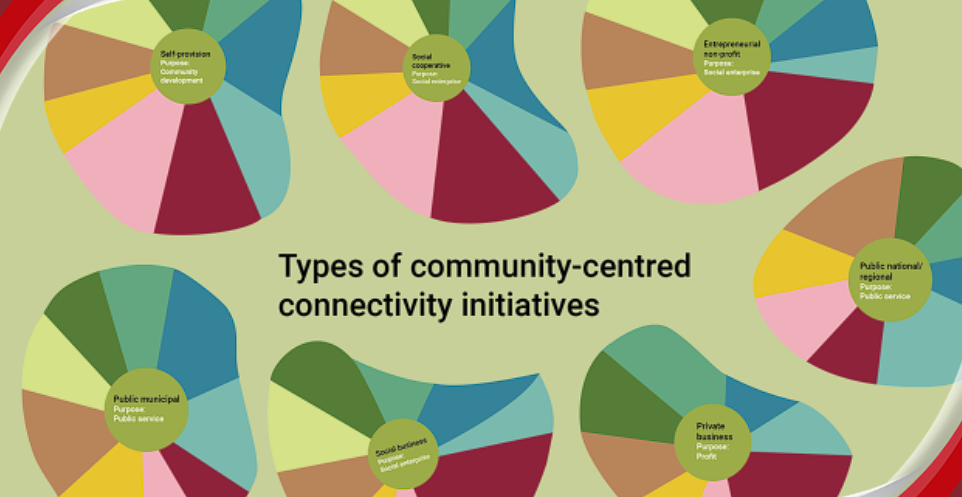Articles
Bringing education to life with Extended Reality (XR)
-
1 year ago
"However, despite the widespread availability of smartphones in South Africa, the Fourth Industrial Revolution, which was expected to revolutionise education in South Africa, has faced significant obstacles. High data costs, limited access to computers or laptops, and connectivity constraints have hindered many learners and students from taking advantage of online learning during Covid-19 lockdowns," says Duren Munsami, CEO of Nudle Group, a company revolutionising the way we learn by bringing augmented reality and virtual reality technology into our daily lives. Constraints such as internet connectivity results in millions of learners being excluded from the digital economy, and missing out on opportunities presented by digital literacy skills. According to the National Education Infrastructure Management System report of 2021, out of 23,258 primary and high schools (including 2,154 independent schools) reported by government in 2022, approximately 4,695 had internet connectivity for teaching and learning, i.e. 20% of schools had internet connections for teachers and learners, while 80% did not. With the youth unemployment rate sitting at 61% in 2022, these statistics are worrisome, and if the private/public/corporate sectors don't act soon enough, we have a catastrophe on our hands.
A move to online learning
However, this is slowly changing as many universities and colleges in South Africa have begun to offer online courses and programmes that allow students to earn degrees and diplomas remotely. In addition to traditional academic courses, South Africa's online education industry has also seen growth in the field of vocational training and professional development. The South African government recognised the shortfall of specialised skills in the country and has created Technical and Vocational Education and Training (TVET) colleges aimed to make accredited vocational training more accessible, especially to those previously marginalised groups.
A new era of education
As a result of technology, ways of learning have changed and we now have the choice of a hybrid learning model, where some students attend class in person, while others join the class virtually from home. Taking it a step further, Nudle has been working towards making augmented reality and virtual reality education a part of everyday life. The company has partnered with Multisat to provide satellite internet to schools in remote and undeveloped areas of South Africa, with the goal of providing young minds with new opportunities and a prosperous future. "Nudle's learning approach is powered by extended reality (an umbrella term for virtual reality, mixed reality and augmented reality). This is important to understand that this is very different from traditional online learning which is usually in the form of text, video and images which learners cannot interact with," notes Munsami. Munsani further explains, "Extended Reality (XR) takes education beyond the limitations of word descriptions and book illustrations. Nudle focuses on education technology which applies virtual reality, augmented reality, mixed reality and artificial intelligence, which work together to create fully immersive simulated teaching lessons." "By leveraging advanced learning theory, data science, and 3D modelling, Nudle's XR education technology focuses on creating a virtual world where users can see and interact and provides the student with first-hand experience of the subject matter. This unique learning experience motivates students to fully understand the subject and paves the way for a new era of education."
New ways of learning and teaching
With students having to adapt to new ways of learning, so do the teachers. "To optimise the effectiveness of modern digital learning, it is important to have proficient teachers, suitable technology, and enthusiastic learners. A teacher who has extensive knowledge in their subject area, technical expertise in using virtual resources, and strong pedagogical techniques is more likely to facilitate successful in education technology than a teacher who lacks these qualities," notes Munsami. Nudle, which fully understands the challenges that contribute to the learning gap among South African learners, partnered with the Department of Education to launch South Africa's first smart school using XR. Says Munsami, "We wanted to offer the XR Smart classroom as a donation to address the obstacles and limitations which hinder the development of future learners in the country. Our focus turned to Richard Varha, a technical high school in Dimbaza, Eastern Cape, where despite the lack of modern resources such as internet and computers, we witnessed the exceptional commitment of the teachers and management towards education." To address these obstacles and create an XR Classroom, Nudle took the following steps:
- Remodelled the classroom to promote creativity and foster an energetic atmosphere for both teachers and learners.
- Addressed the internet crisis by partnering with Yahclick and Morclick to set up satellite internet connectivity.
- Installed a solar PV backup solution to tackle the energy crisis.
- Equipped the classroom with hardware and software, such as AR/VR holographic displays and VR headsets.
Nudle also committed to working together with the school to find new ways to maximise student learning through XR and by developing new software and integrate Nudle XR tech into the curriculum to advance the ways learners learn. This is reportedly the first time on the African continent that this has been done. "Extended reality technology has the potential to revolutionise the classroom and significantly improve learning outcomes by creating immersive, interactive, and engaging learning experiences" comments Munsami.
How XR helps learning
He provides a few of examples of how XR improves learning:
- Learn by Doing - Nudle's XR education creates a virtual world where users can not only see but also interact with the subject matter. This unique learning experience provides an opportunity to learn by doing rather than passively reading and motivates students to fully understand the subject matter.
- Safer learning - Virtual reality education offers a safe environment for students to practice skills and conduct experiments that might be dangerous in a traditional classroom setting. This allows students to learn and make mistakes without fear of harm to themselves, others, or equipment.
- Beyond the limitations of word descriptions - Humans tend to process visual content faster than textual information. While traditional learning methods rely on 2D diagrams in textbooks, they cannot compare to the immersive and visually-rich experiences offered by VR technology.
- Memorable immersive learning - Students can learn about a subject by living it. It’s easy to forget that VR experiences aren’t real — a body actually believes it’s in a new place. This feeling engages the mind in a way that is remarkable.
Soon, Nudle will be launching a new XR education platform, which allows for immersive, interactive virtual content, that simulates real-life scenarios. This innovative tool will allow teachers and trainers to design immersive and engaging experiences without the need for coding or extensive technical expertise. The applications will use GPT-3's natural language processing to enable real-time, conversational interactions between students and virtual teachers for personalised instruction. It will also incorporate its speech functionality for efficient subject matter inquiry and search. For example, students will be able to freely ask any questions on the subject matter in the programme and get feedback as if they were talking to a real teacher). Nudle recently announced the exclusive partnership with Chinese VR Tech giant KMAX and strategic partner UNESCO-ICHEI (United Nations Educational, Scientific and Cultural Organisation) - The International Centre for Higher Education Innovation under the auspices of Unesco.
Related Articles Posts
Categories
Popular Post
-
 SA’s IT spend to outpace GDP growth 1 year ago
SA’s IT spend to outpace GDP growth 1 year ago -
 Vodacom, Netstar launch free in-taxi Wi-... 1 year ago
Vodacom, Netstar launch free in-taxi Wi-... 1 year ago -
 South Africa under pressure to fill cybe... 1 year ago
South Africa under pressure to fill cybe... 1 year ago -
 Organisations with a strong employee val... 1 year ago
Organisations with a strong employee val... 1 year ago -
 Joint policy-in-action event highlights... 1 year ago
Joint policy-in-action event highlights... 1 year ago -
 Boost your digital transformation journe... 1 year ago
Boost your digital transformation journe... 1 year ago







